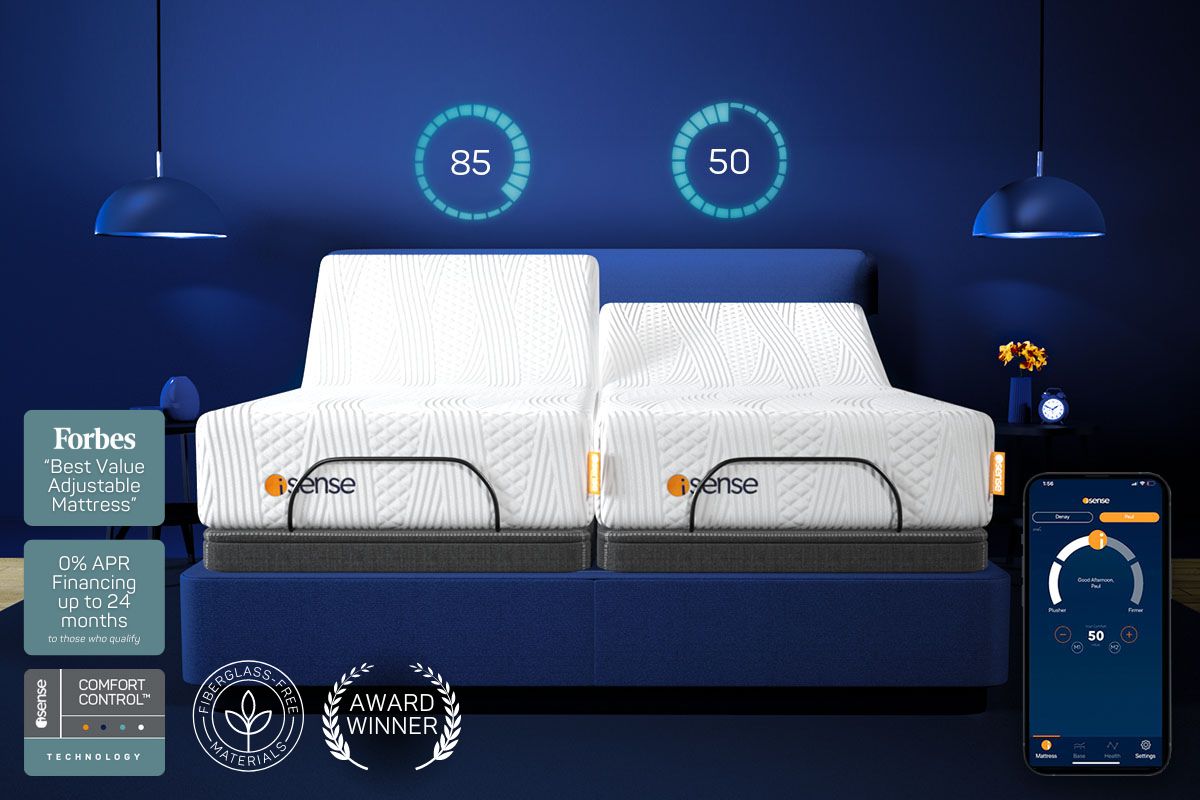Good quality sleep is foundational for anyone who has the responsibility of caring for others, especially children.
When a caretaker is well-rested, they are more equipped to be patient, attentive, and emotionally present, all of which are necessary for providing quality support and nurturing growth. Lack of sleep can impair judgment and reaction times, making it harder to respond appropriately to the immediate needs of children.
Ensuring that the caregiver gets adequate rest is not just beneficial for the individual, but is also crucial for the health and well-being of those they look after. Young children require consistent and reliable care. Adults in charge of their oversight must navigate the complexities of children's daily routines, from managing their emotional outbursts to aiding their developmental milestones. Enough rest provides the mental clarity and physical energy these adults need.
Research, such as studies highlighted by the Sleep Number blog, shows that a rested caregiver can better provide a positive and nurturing environment that’s key to a child’s development. Sleep serves as a tool for health maintenance for caregivers themselves. Getting quality sleep is linked to numerous aspects of physical health, including the immune system, which is important when caring for children who may frequently expose caretakers to new germs.
Proper rest is also essential for mental health, helping to mitigate stress and burnout. This helps those in the often demanding role of childcare, as outlined by resources like the Greater Good Science Center. Prioritizing sleep quality is a vital part of health for those providing care.
The Importance of Sleep for Caregivers
Caregivers often sacrifice their own needs to ensure the well-being of those they are looking after, particularly children. However, adequate rest allows them to provide the best care possible while maintaining their own health.
Physical and Mental Health Benefits
Proper sleep is the foundation for caregivers’ physical health and mental well-being.
Sleep is restorative; it allows the brain to process the day's events and replenish itself, benefiting cognitive function and mental health.
A well-rested caregiver is better equipped to handle the stress of caring for others and is less likely to suffer from depression or related mental health issues. Getting enough sleep supports the immune system, which is essential for both the caregiver and the children they are looking after.
Enhanced Attention and Mood Regulation
Lack of sleep can lead to diminished attention, increased irritability, and poor mood regulation. For caregivers, particularly those dealing with school-age children or toddlers, sustained alertness is necessary to ensure safety and respond effectively to the children's needs.
A sleep-deprived caregiver might struggle to stay focused and could unintentionally overlook important cues due to impaired attention. Consistent quality sleep helps in maintaining an even mood, which fosters a stable and nurturing environment for both the caregiver and the child.
Sleep and Parental Responsibilities
Balancing parental responsibilities with self-care, including sufficient sleep, may reduce the risks associated with sleep deprivation such as obesity, physical health issues, and reduced effectiveness of exercise.
Caregivers must prioritize their rest so they can manage the challenges of regular exercise, healthy eating habits, and mental health management.
Consulting with a healthcare provider can be a valuable step for caregivers to create a plan that incorporates critical rest while meeting their parental responsibilities. This can ensure they are fit and ready to support their children, from toddlers to school-age kids, in every aspect of their development.
Optimizing Sleep for Better Caregiving
Caregivers play a role in fostering both physical and emotional growth in children and adolescents. Ensuring caregivers attain high-quality, restorative sleep is essential not only for their own well-being but also to maintain the energy, patience, and alertness required for effective caregiving.
Creating Effective Sleep Habits
Developing consistent sleep routines helps caregivers achieve restorative sleep. Healthy sleep habits include setting a fixed bedtime and wake time, creating a relaxing pre-sleep routine, and maintaining a sleep-conducive environment that is dark, cool, and quiet.
Prioritizing these sleep habits is a biological necessity for memory and overall health. A caregiver's own sleep hygiene directly influences their ability to provide attentive and compassionate care.
Managing Sleep Challenges in Children and Adolescents
Caregivers must also deal with the sleep problems experienced by those they care for, such as infants, toddlers, and teens. For example, infants may sleep better with consistent nighttime feedings and soothing activities, while adolescents require different strategies, such as limiting screen time before bed.
Establishing a bedtime routine can significantly benefit school performance and mitigate behavioral issues. Caregivers can develop tailored approaches for each age group to support healthy growth and academic performance.
|
Age Group |
Recommended Sleep Routine |
|
Infants |
Regular nighttime feedings; soothing lullabies |
|
Toddlers |
Consistent bedtime; quiet reading time |
|
Adolescent |
Limited screen time; relaxation techniques |






















